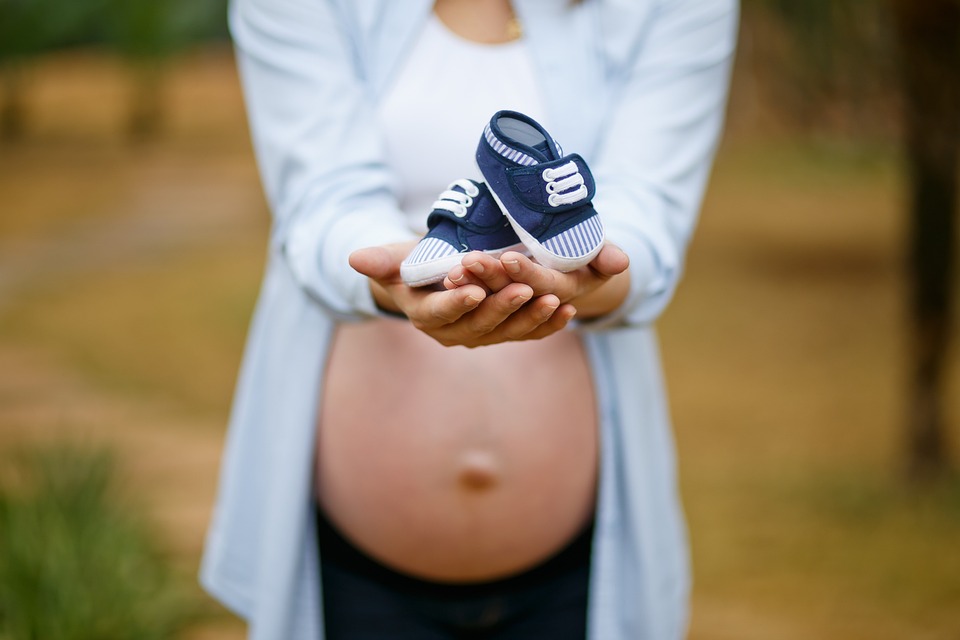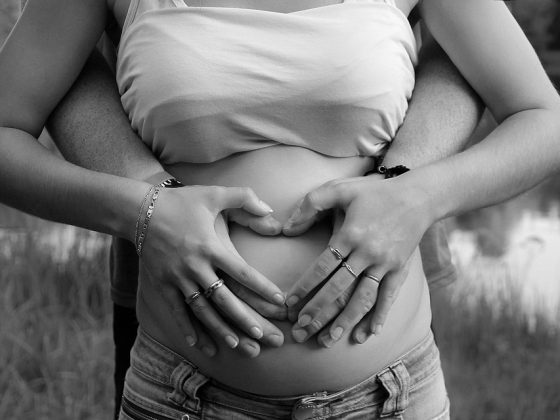end of the article.
Pregnancy is an exciting and monumental time in a woman's life. As a mom-to-be, taking care of your body and ensuring proper nutrition is essential for both your health and the health of your growing baby. In this ultimate guide, we will provide you with tips and advice on pregnancy nutrition and wellness to help you have a healthy and happy pregnancy.
1. Eat a Balanced Diet
One of the most important aspects of pregnancy nutrition is eating a well-balanced diet that includes a variety of nutrients. Make sure to include plenty of fruits, vegetables, whole grains, and lean protein in your meals. It is also important to consume foods rich in calcium, iron, and folic acid to support your baby's growth and development.
2. Stay Hydrated
Staying hydrated is crucial during pregnancy, as water helps carry essential nutrients to your baby and aids in digestion. Aim to drink at least eight to ten glasses of water a day and limit your intake of sugary drinks.
3. Take Prenatal Vitamins
Prenatal vitamins are essential for pregnant women as they help fill any nutritional gaps in your diet. Make sure to take a prenatal vitamin that contains folic acid, iron, and calcium to support your baby's development.
4. Limit Caffeine and Avoid Alcohol
It is important to limit your caffeine intake during pregnancy, as too much caffeine can be harmful to your baby. It is also important to avoid alcohol altogether during pregnancy, as it can cause birth defects and developmental issues.
5. Get Plenty of Rest
Getting enough rest is crucial during pregnancy, as your body is working hard to support the growth and development of your baby. Make sure to get plenty of sleep each night and listen to your body when it tells you to rest.
6. Exercise Regularly
Exercise is important during pregnancy as it helps improve circulation, reduce stress, and maintain a healthy weight. Make sure to engage in low-impact exercises such as walking, swimming, or prenatal yoga to stay active during pregnancy.
7. Manage Stress
Pregnancy can bring about a range of emotions, so it is important to manage stress and take time for self-care. Practice relaxation techniques such as deep breathing, meditation, or prenatal massage to help reduce stress and improve your overall well-being.
8. Attend Prenatal Appointments
Regular prenatal appointments are important during pregnancy to monitor the health of both you and your baby. Make sure to attend all scheduled appointments and consult with your healthcare provider about any concerns or questions you may have.
FAQs
Q: Can I eat seafood during pregnancy?
A: Yes, you can eat seafood during pregnancy, but it is important to choose low-mercury options such as shrimp, salmon, and trout. Avoid high-mercury fish such as swordfish, king mackerel, and tilefish.
Q: How much weight should I gain during pregnancy?
A: The amount of weight you should gain during pregnancy depends on your pre-pregnancy weight. On average, women are advised to gain between 25-35 pounds during pregnancy, but consult with your healthcare provider for personalized guidance.
Q: Is it safe to exercise during pregnancy?
A: Yes, it is safe to exercise during pregnancy, but it is important to choose low-impact activities and listen to your body. Consult with your healthcare provider before starting any exercise routine.
Q: Can I drink herbal tea during pregnancy?
A: Some herbal teas are safe to drink during pregnancy, but others should be avoided. Consult with your healthcare provider before consuming herbal teas to ensure they are safe for you and your baby.
In conclusion, taking care of your body and prioritizing proper nutrition during pregnancy is essential for a healthy and happy pregnancy. By following the tips and advice in this ultimate guide, you can ensure that you and your baby are well-nourished and supported throughout this special time in your life. Congratulations on your journey to motherhood!











